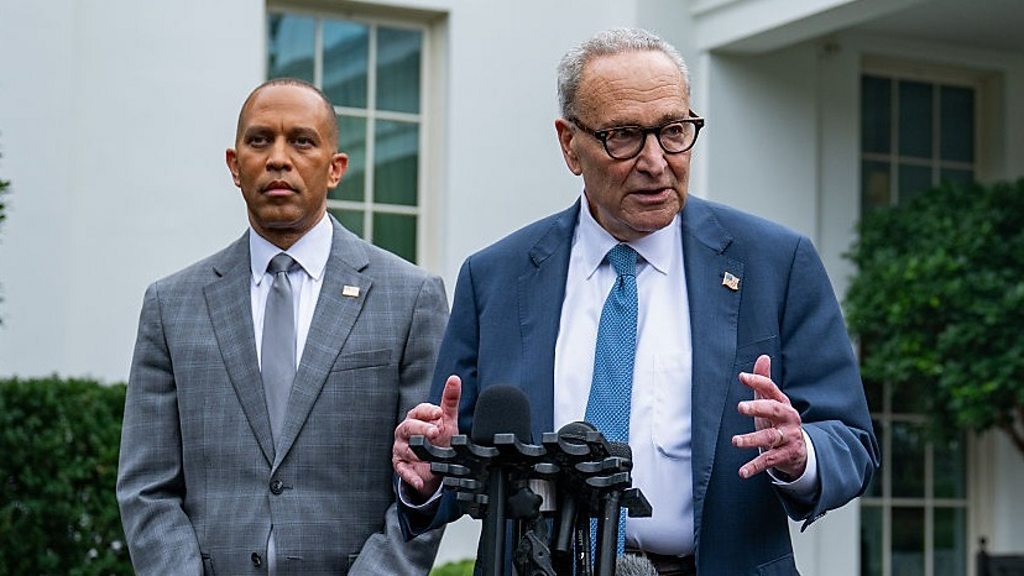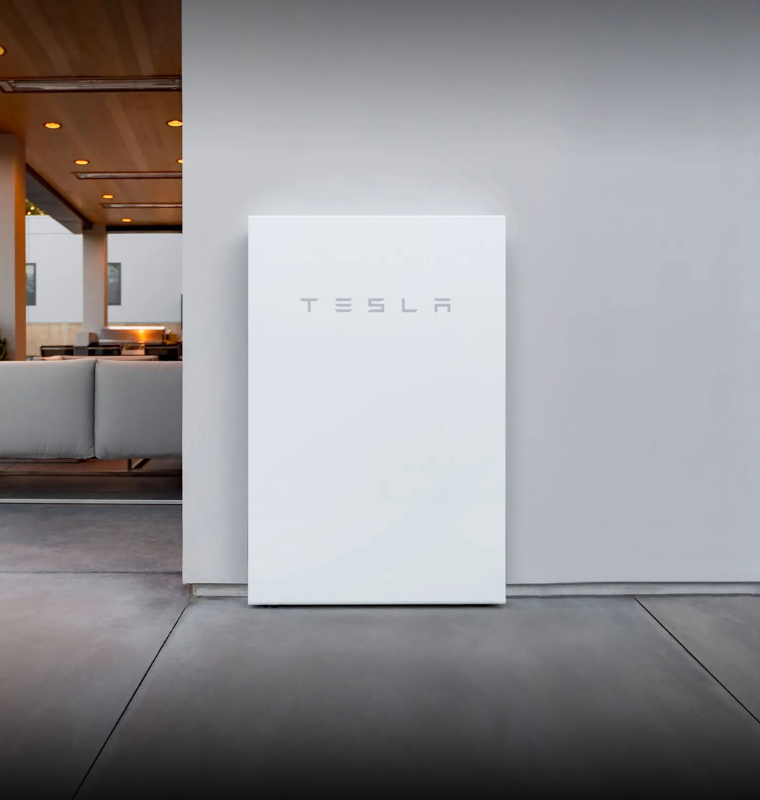U.S. Faces Imminent Government Shutdown as Trump Meeting Ends Without Agreement
U.S. Faces Imminent Government Shutdown as Trump Meeting Ends Without Agreement
By
Leah Rosenfeld
Last updated:
September 30, 2025
First Published:
September 30, 2025

Photo: BBC
The likelihood of a federal government shutdown in the United States grew sharply after high-level meetings at the White House on Monday, where President Donald Trump met with top Democrats and Republicans to negotiate funding for federal operations.
Vice President JD Vance, speaking to reporters after the session, warned bluntly, “I think we’re headed to a shutdown because the Democrats won’t do the right thing.” The warning comes just under 48 hours before current funding expires, heightening concerns about a potential disruption to government services.
Deep Divisions Between Parties
The talks highlighted the widening chasm between the two parties. Senate Minority Leader Chuck Schumer emphasized that significant disagreements remain. “We have very large differences,” he said. However, Schumer added that Trump appeared to hear Democratic objections “for the first time,” suggesting the in-person meeting may have had some constructive elements.
House Minority Leader Hakeem Jeffries and other Democratic participants echoed concerns that Republicans were pushing a plan without meaningful Democratic input. “Their bill has not one iota of Democratic input. That is never how we’ve done this before,” Schumer stated.
Republicans, controlling the White House and slim majorities in both the House and Senate, are pushing a stopgap funding measure—known as a continuing resolution—to maintain government operations at current levels until late November. Democrats, meanwhile, insist that the bill include critical provisions, most notably the continuation of enhanced Obamacare tax credits set to expire at year-end.
Blame and Political Tensions
Both sides are pointing fingers ahead of a potential shutdown. Senate Majority Leader John Thune criticized Democrats, calling their stance “purely and simply hostage taking.” Conversely, Democrats accuse Republicans of excluding them from the legislative process, a charge Republicans reject.
Previous attempts to pass short-term funding measures earlier this month failed in the Senate, where 60 votes are required to overcome a filibuster. Republicans hold only 53 seats, complicating efforts to pass a “clean” resolution.
If a shutdown begins Wednesday, it could temporarily halt non-essential federal services, delay pay for federal workers, and create uncertainty in financial and labor markets. Markets and international observers are closely watching the developments, given concerns about potential ripple effects on the economy and federal programs.
Outlook Ahead
With less than two days before funding lapses, both sides face mounting pressure to compromise. Analysts warn that prolonged gridlock could weigh on consumer confidence and government operations, particularly in sectors reliant on federal contracts or social programs.
As negotiations continue behind closed doors, the country braces for what could be one of the most politically charged shutdowns in recent years, with economic and social implications likely to resonate well beyond Washington.
Popular articles
Subscribe to unlock premium content
The Rise of Silent Walking Tours in Historic Cities

The Rise of Ultra-Niche Cooking Classes Focused on Historical or Regional Recipes

The Rise of One-Person Dining Experiences for Ultra-Introverts in Major Cities

The Rise of Silent Walking Tours in Historic Cities

The Rise of Ultra-Niche Cooking Classes Focused on Historical or Regional Recipes

The Rise of Silent Walking Tours in Historic Cities









